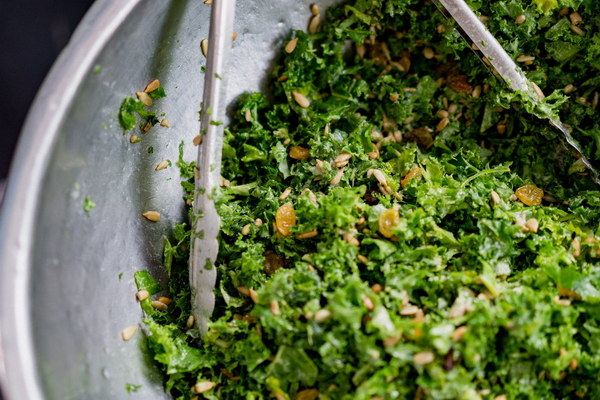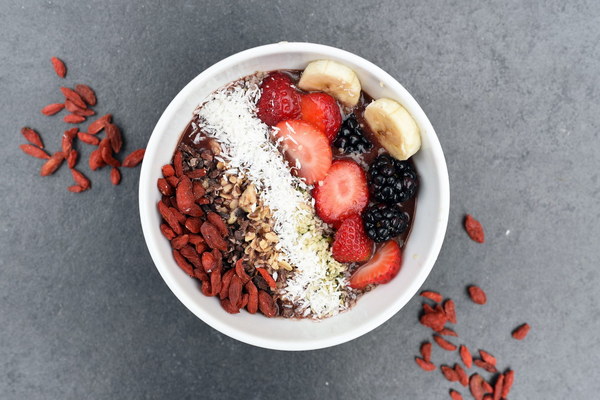Nourish Your Way to a Regular Period Discover the Best Diet Supplements for Menstrual Irregularities
Are you tired of waiting for your period to arrive on time? Do you often find yourself wondering what to eat to regulate your menstrual cycle? Well, you're not alone. Many women struggle with irregular menstrual cycles, and while there are various factors that can contribute to this issue, dietary changes can often be a helpful solution. In this article, we'll explore the best diet supplements to help you nourish your body and bring your menstrual cycle back on track.
1. Vitamin D
Vitamin D plays a crucial role in regulating the menstrual cycle. Studies have shown that a deficiency in this essential nutrient can lead to irregular periods. To ensure you're getting enough Vitamin D, incorporate foods like fatty fish (such as salmon, mackerel, and sardines), egg yolks, and fortified dairy products into your diet. Additionally, consider taking a Vitamin D supplement to meet your daily requirements.
2. Vitamin B6
Vitamin B6 is another important nutrient for maintaining a regular menstrual cycle. This vitamin helps to regulate hormones and can alleviate symptoms of premenstrual syndrome (PMS). Foods rich in Vitamin B6 include chicken, turkey, bananas, potatoes, and avocados. To further ensure you're getting enough, you can also take a B6 supplement.
3. Magnesium
Magnesium is a mineral that plays a key role in hormone regulation and muscle function. Low levels of magnesium can contribute to irregular menstrual cycles, as well as PMS symptoms. Foods high in magnesium include almonds, cashews, spinach, and black beans. To increase your magnesium intake, consider taking a supplement or consuming more of these nutrient-rich foods.

4. Omega-3 Fatty Acids
Omega-3 fatty acids have been shown to help regulate menstrual cycles and reduce PMS symptoms. These healthy fats can be found in fatty fish, flaxseeds, chia seeds, and walnuts. If you're not a fan of fish, consider taking an omega-3 supplement to ensure you're getting enough of this beneficial nutrient.
5. Iron
Iron deficiency can lead to heavy periods and irregular menstrual cycles. To ensure you're getting enough iron, consume foods like red meat, chicken, lentils, beans, and fortified cereals. If you're struggling to meet your iron needs through diet alone, consider taking an iron supplement.
6. Calcium
Calcium is another essential nutrient that can help regulate your menstrual cycle. This mineral is also crucial for bone health, which is particularly important for women during their reproductive years. Foods high in calcium include dairy products, leafy greens, and fortified plant-based milk. To ensure you're getting enough calcium, consider taking a supplement or consuming more of these nutrient-rich foods.
In conclusion, irregular menstrual cycles can be frustrating, but making dietary changes and incorporating the right supplements can help bring your cycle back on track. Remember to consult with your healthcare provider before starting any new supplement regimen, as they can help ensure you're getting the right amount of nutrients for your specific needs. With the right combination of diet and supplements, you'll be well on your way to a healthier, more regular menstrual cycle.









